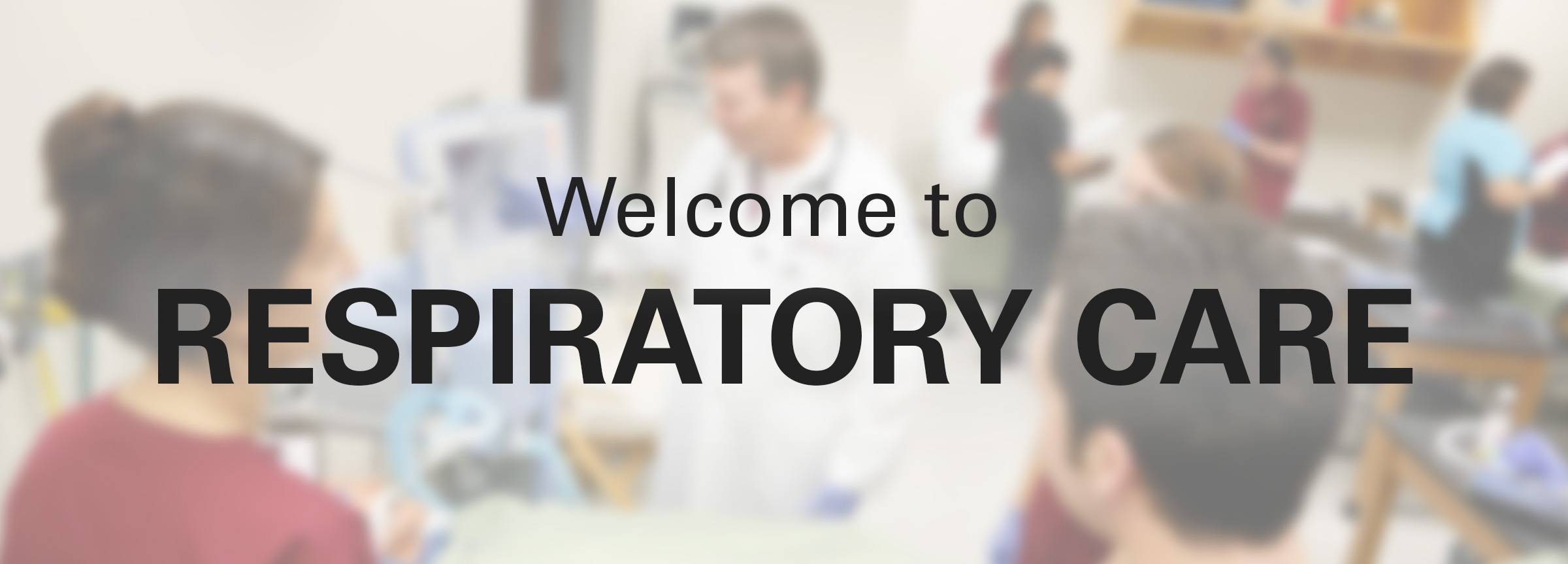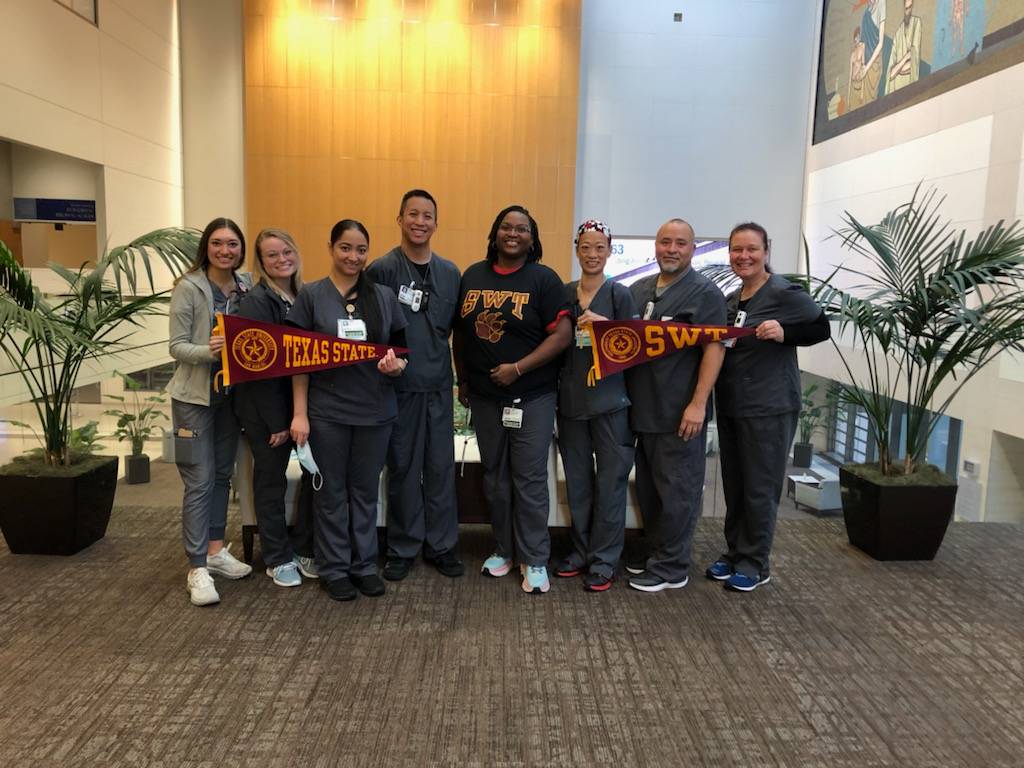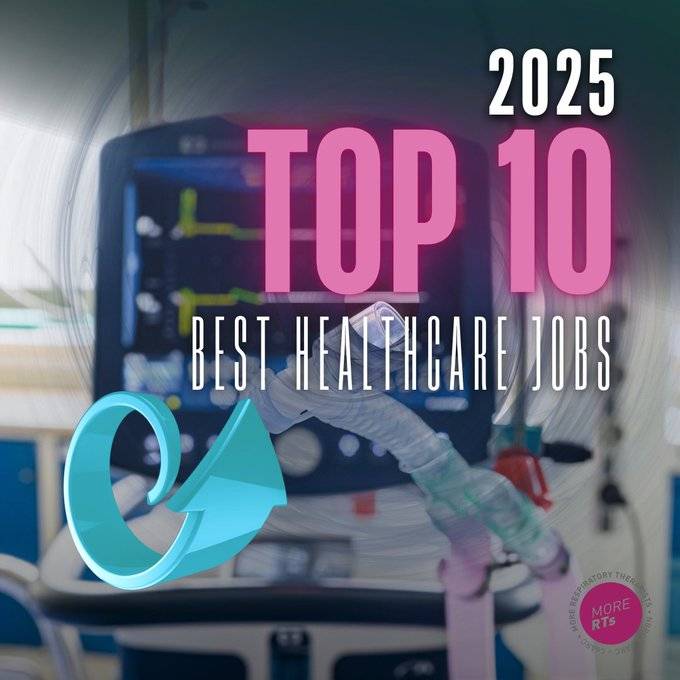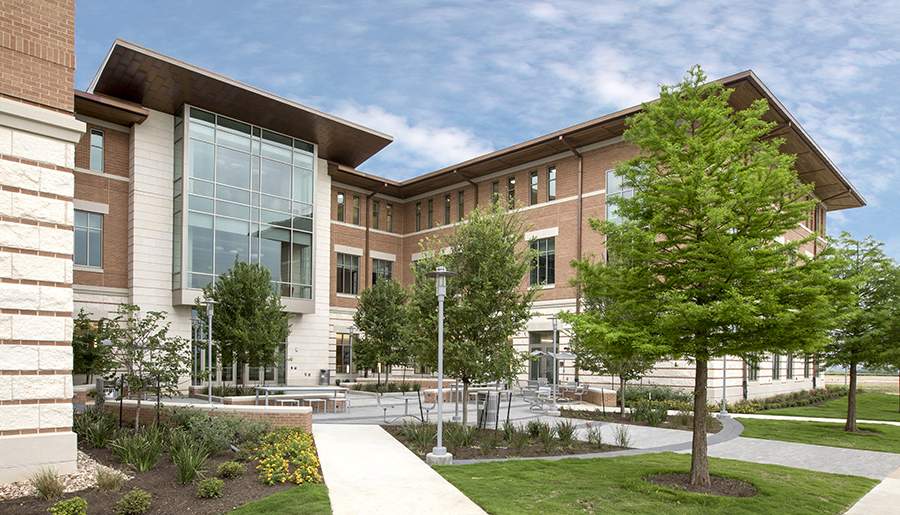Department of Respiratory Care

Why Respiratory Care at Texas State University?
One of the Largest Bachelor of Science in Respiratory Care program in the US!
The Respiratory Therapy Program began at Texas State in 1972 and has prepared almost 1,800 therapists to serve in key leadership positions across the nation.
What is Respiratory Therapy?
https://be-an-rt.org/what-is-respiratory-therapy/
Winner of CoARC National Award
The BSRC Program at Texas State recently received the Distinguished Respiratory Therapist Credentialing Success Award for 2019-2020
Diverse Program Opportunities
Along our holistic degree paths, you’ll explore a variety of specialties — such as neonatal intensive care, sleep labs and surgical units — while getting a well-rounded education. You’ll learn the skills to work with people and perform in the lab.
Career Outcomes
Whether your goal is to serve patients, manage a clinic or conduct research, at Texas State you’ll be prepared to succeed in your field. A degree in respiratory care can take you into clinical practice, healthcare leadership, medical equipment development, patient education and more.
Our Faculty
Faculty in the Respiratory Care Department are internationally recognized leaders. They conduct research into topics such as sleep disorders, ventilator machines, flow dynamics of the upper airways, leadership and learning styles and clinical best practices.
BSRC Program Goals
The goals of the BSRC Entry-Level program at Texas State University are:
1. To prepare graduates with demonstrated competence in the cognitive (knowledge), psychomotor (skills), and affective (behavior) learning domains of respiratory care practice as performed by registered respiratory therapists (RRTs)
2. To prepare leaders for the field of respiratory care by including curricular content that includes objectives related to acquisition of skills in one or more the following: management, education, research, sleep technology, or advanced clinical practice (which may include an area of clinical specialization).
Accreditation: The Commission on Accreditation for Respiratory Care (CoARC)
The campus-based, entry-level Bachelor of Science in Respiratory Care program (CoARC #200197) is fully accredited by The Commission on Accreditation for Respiratory Care. Programmatic outcomes are performance indicators that reflect the extent to which the goals of the program are achieved and by which program effectiveness is documented. Programmatic outcome data reported on the CoARC website include: 3-year time period being reported, CRT credentialing success; RRT credentialing success; Achievement of the high cut score on the TMC exam (beginning 2018); Retention (Attrition); Job placement; Overall Graduate Satisfaction; On-time Graduation Rate; Total number or program enrollees; Total number of program graduates; Maximum Annual Enrollment. https://coarc.com/students/programmatic-outcomes-data/
“The Texas State University, CoARC #200197, Bachelors Degree of Science in Respiratory Care awarded, on the Round Rock campus is accredited by the Commission on Accreditation for Respiratory Care. (www.coarc.com)”
Institution and Program Accreditation
Where are they now?
BSRC Graduates of Texas State University are all over the state, nation and world making a difference and providing outstanding smart quality care. If you visit Houston Methodist -Texas Medical Center you just might run into some Bobcats there, too! Go Houston Methodist!!



